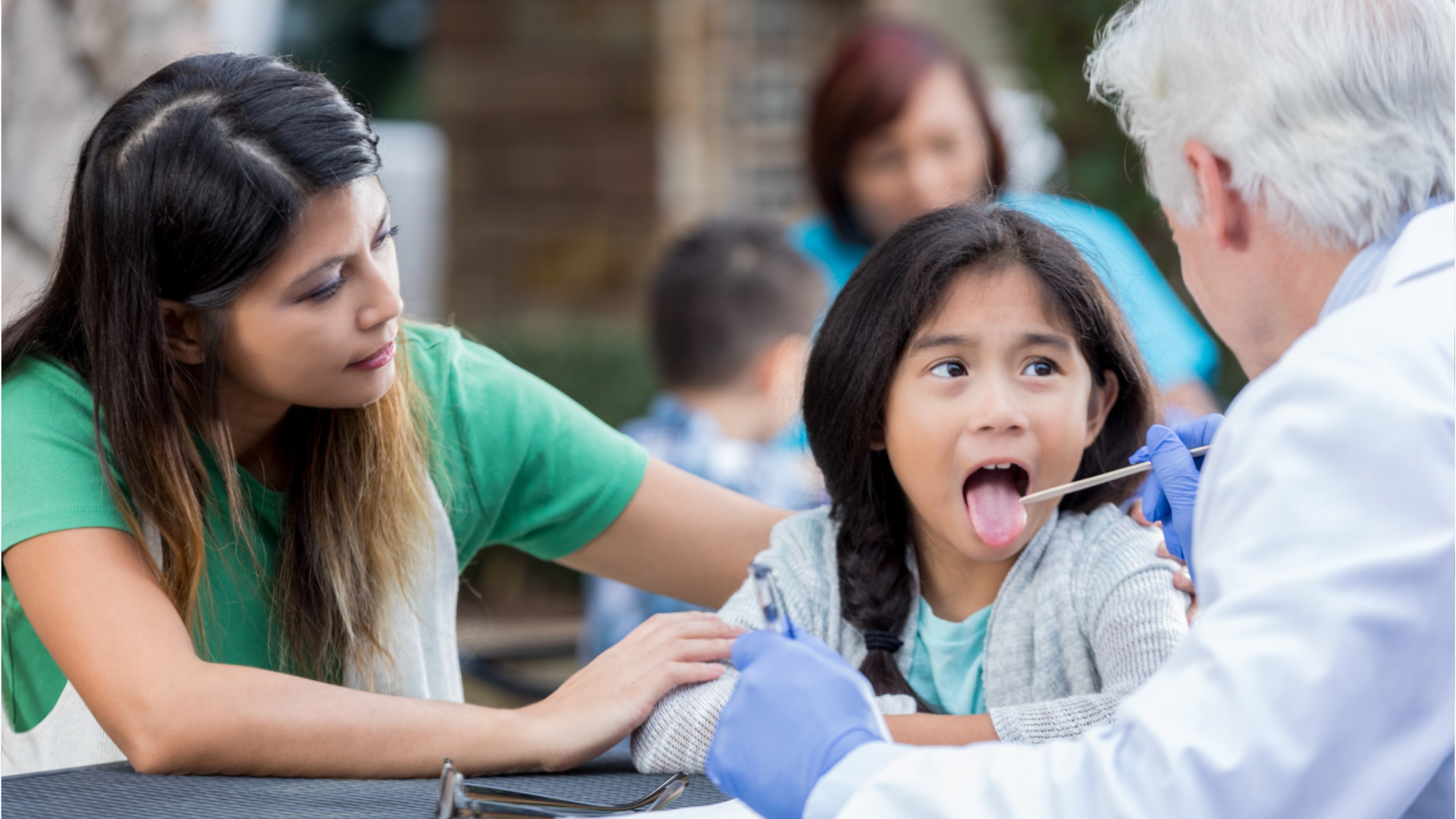Health Education Specialists
Clinical Instructor, Health Education Specialist, Health Educator, Public Health Educator
What they do:
Provide and manage health education programs that help individuals, families, and their communities maximize and maintain healthy lifestyles. Use data to identify community needs prior to planning, implementing, monitoring, and evaluating programs designed to encourage healthy lifestyles, policies, and environments. May link health systems, health providers, insurers, and patients to address individual and population health needs. May serve as resource to assist individuals, other health professionals, or the community, and may administer fiscal resources for health education programs.
On the job, you would:
- Prepare and distribute health education materials, such as reports, bulletins, and visual aids, to address smoking, vaccines, and other public health concerns.
- Develop and maintain cooperative working relationships with agencies and organizations interested in public health care.
- Maintain databases, mailing lists, telephone networks, and other information to facilitate the functioning of health education programs.
Knowledge
Business
- customer service
- administrative services
Education and Training
- teaching and course design
Arts and Humanities
- English language
Math and Science
- psychology
Skills
Basic Skills
- listening to others, not interrupting, and asking good questions
- talking to others
Social
- understanding people's reactions
- changing what is done based on other people's actions
People and Technology Systems
- thinking about the pros and cons of different options and picking the best one
- figuring out how a system should work and how changes in the future will affect it
Abilities
Verbal
- communicate by speaking
- communicate by writing
Ideas and Logic
- make general rules or come up with answers from lots of detailed information
- notice when problems happen
Personality
People interested in this work like activities that include helping people, teaching, and talking.
They do well at jobs that need:
- Sincerity
- Optimism
- Adaptability
- Empathy
- Social Orientation
- Achievement Orientation
Technology
You might use software like this on the job:
Data base user interface and query software
- Blackboard software
- Microsoft Access
Web page creation and editing software
- Blogging software
- Facebook
Graphics or photo imaging software
- Adobe Photoshop
- JamBoard
Education
Education: (rated 4 of 5)
associate's degree or
bachelor's degree
usually needed
bachelor's degree
usually needed
Job Outlook
Bright
New job opportunities are very likely in the future.
Explore More
- Community Health Workers
- Health Informatics Specialists
- Healthcare Social Workers
- Nursing Instructors & Teachers, Postsecondary
- Rehabilitation Counselors
You might like a career in one of these industries:
See more details at O*NET OnLine about Health Education Specialists.





